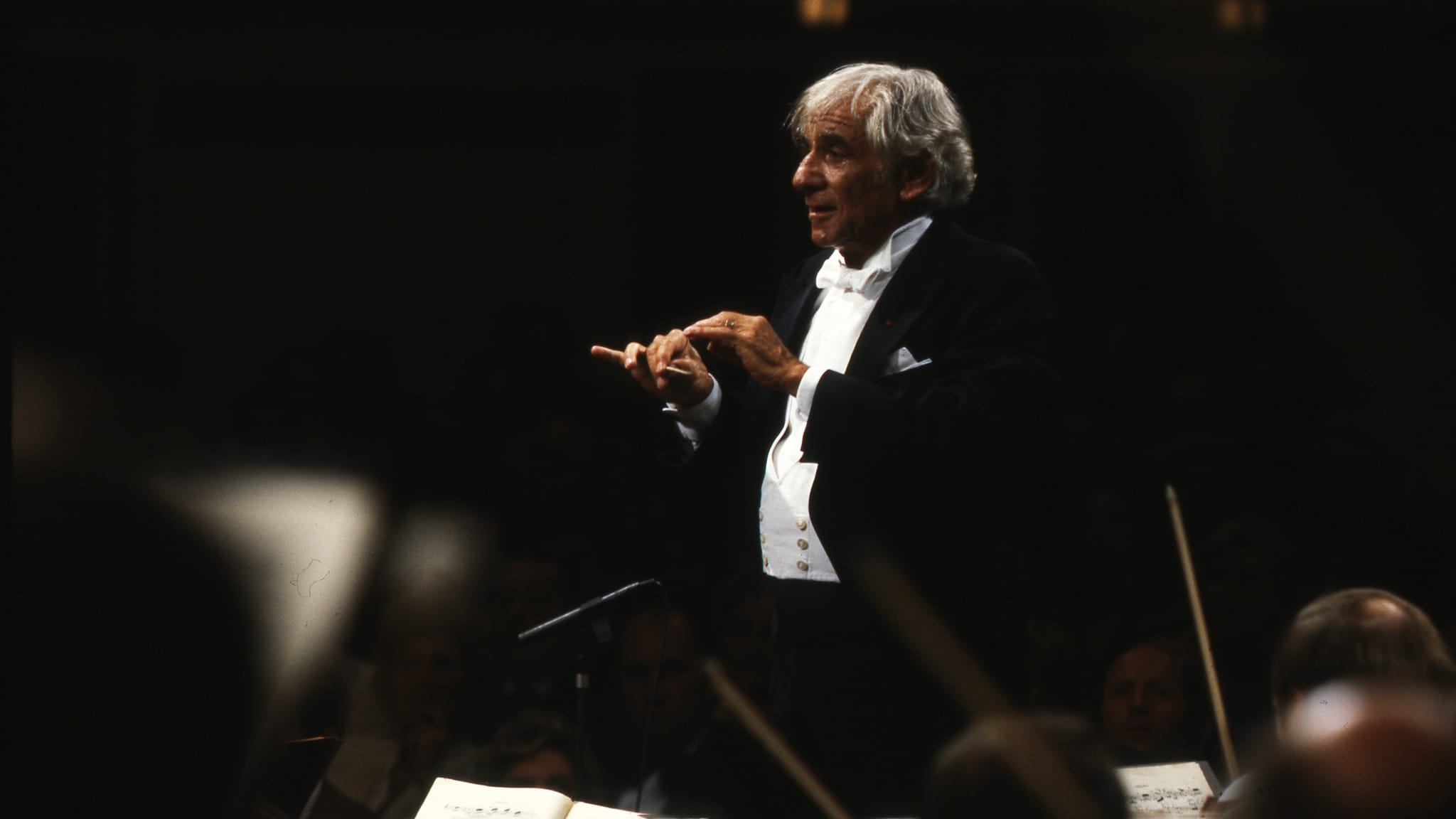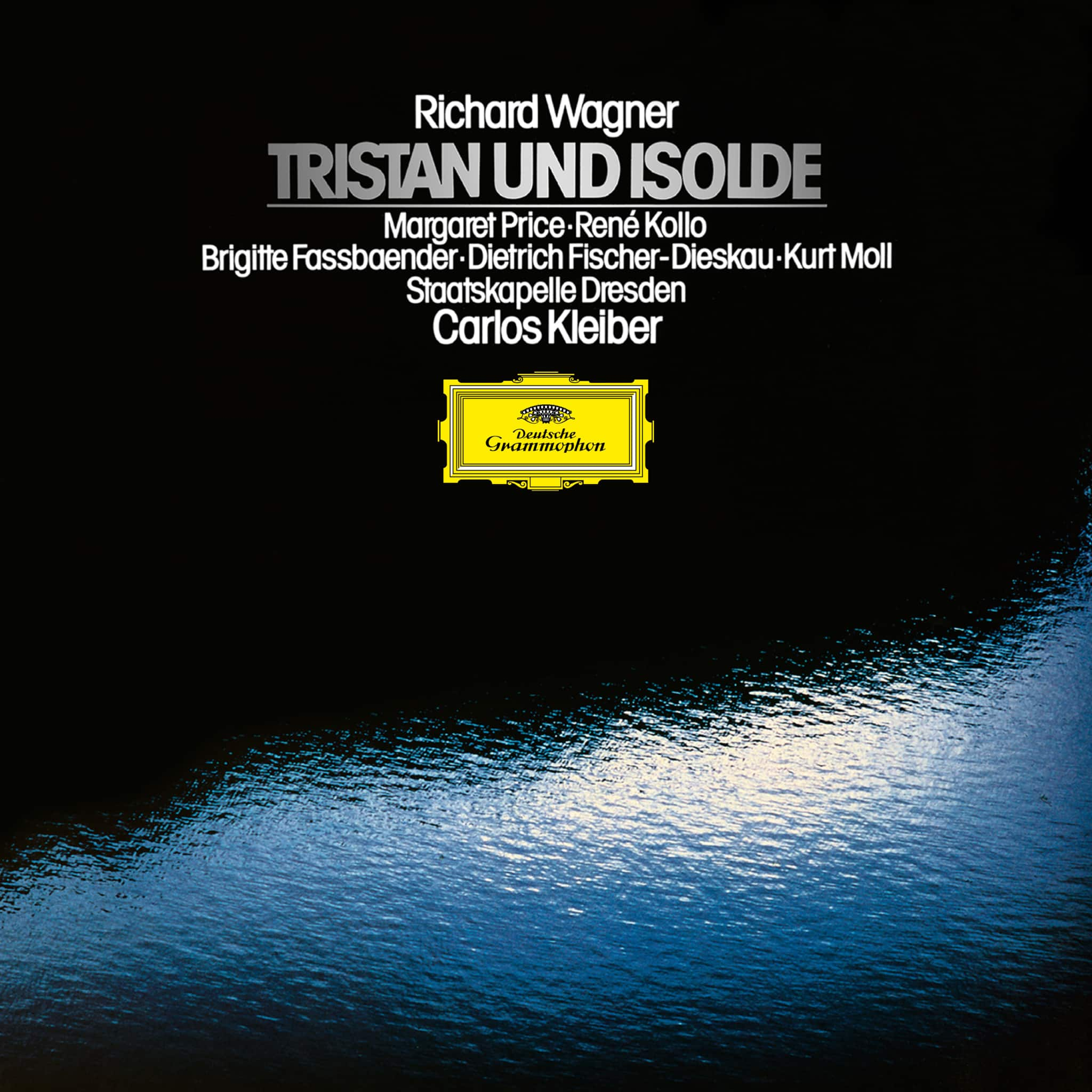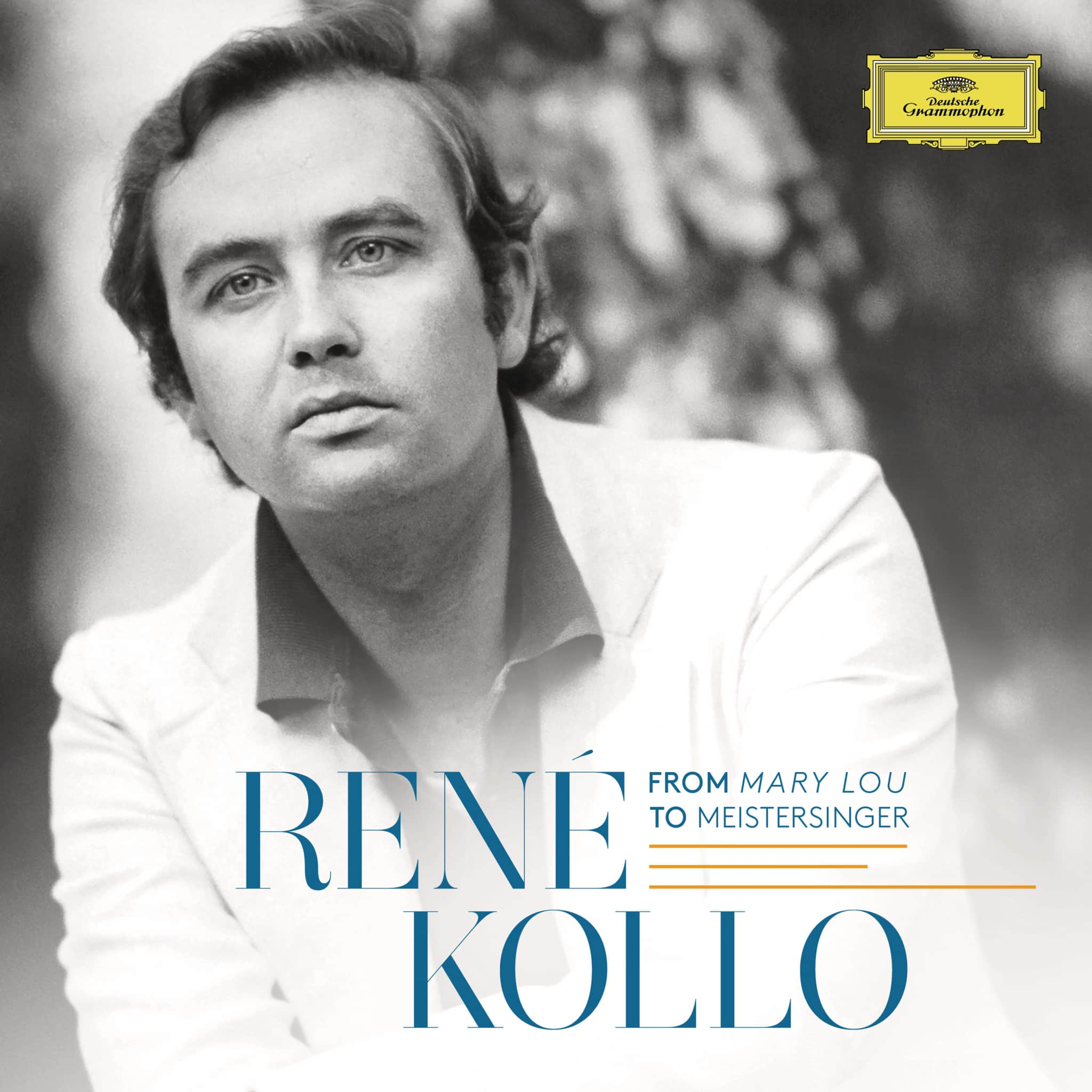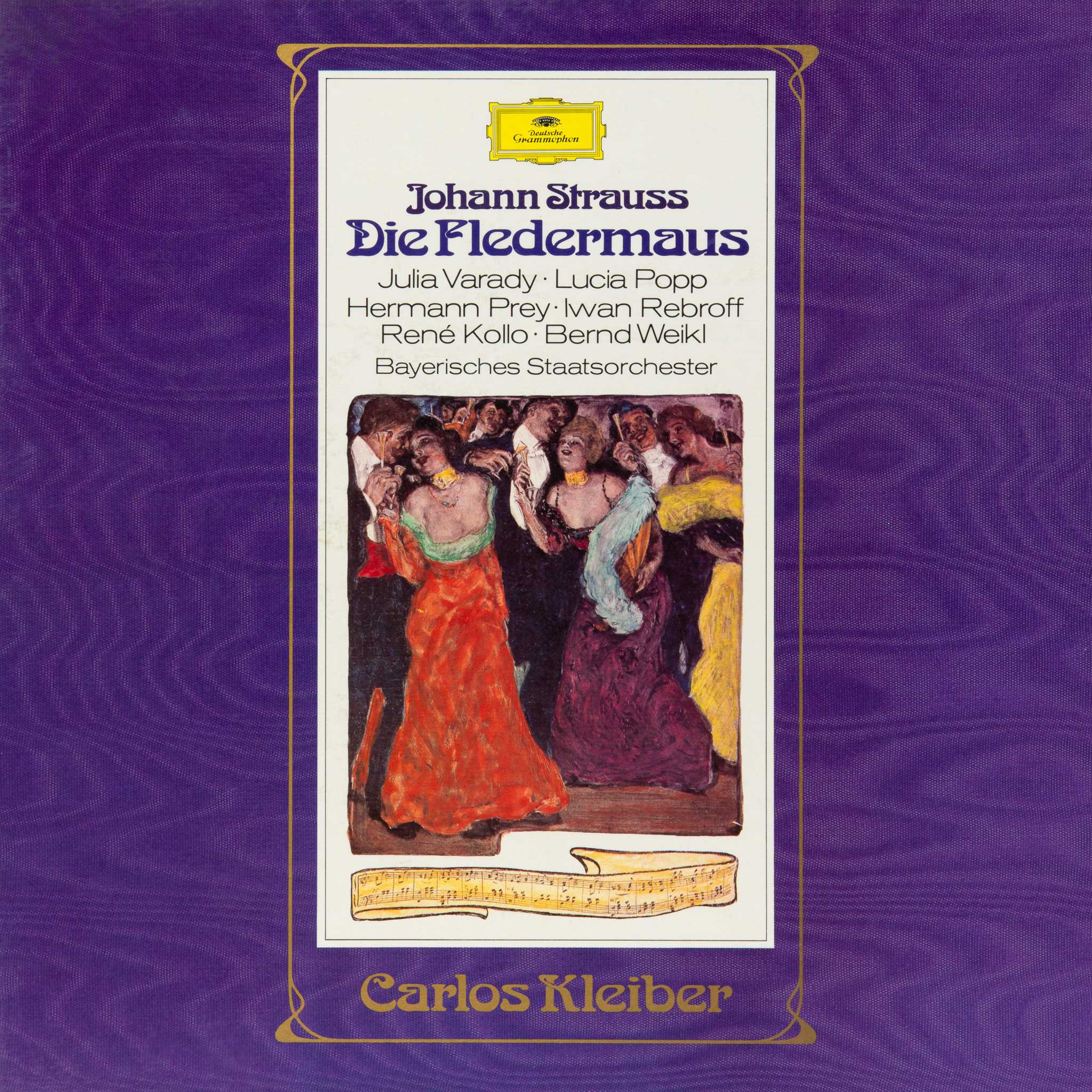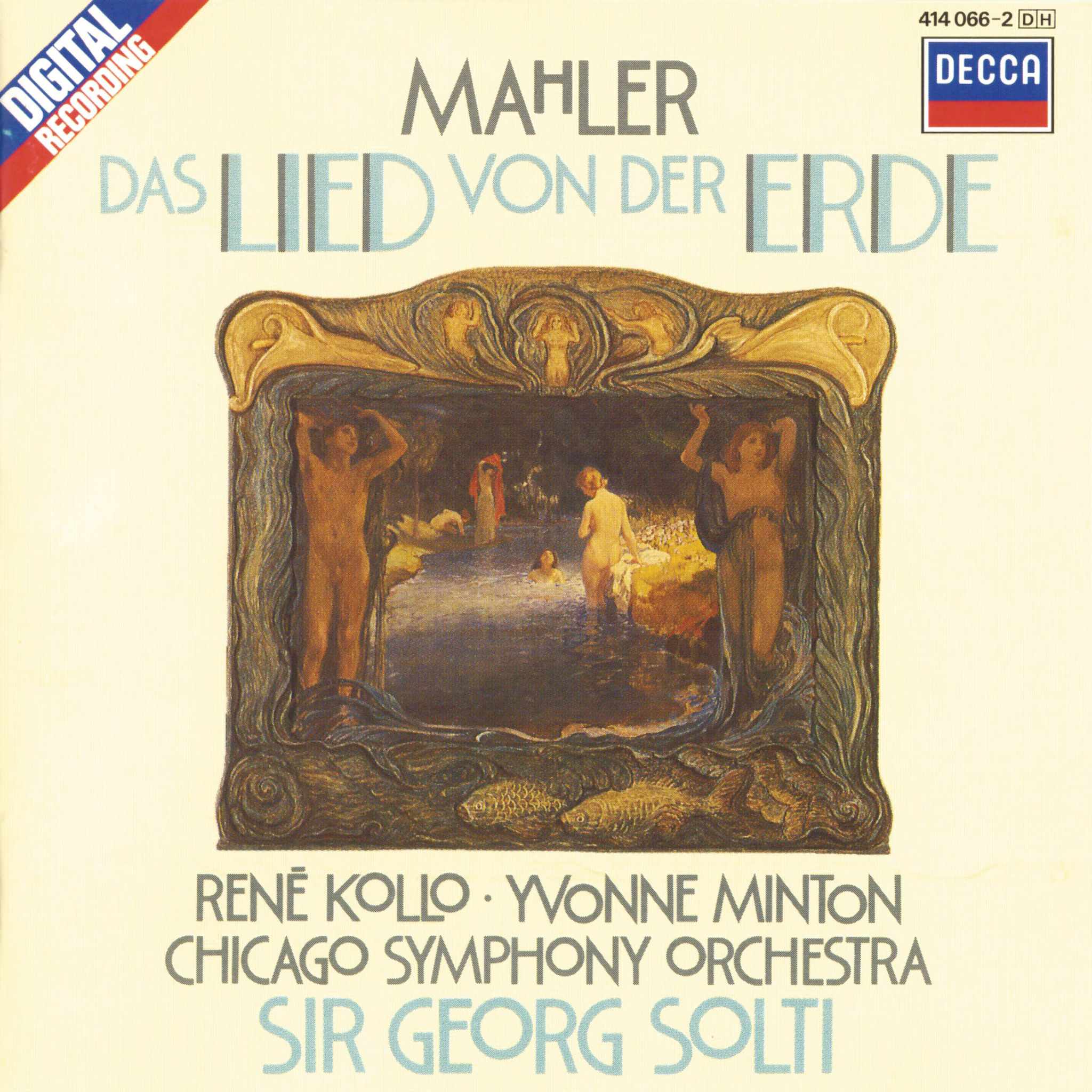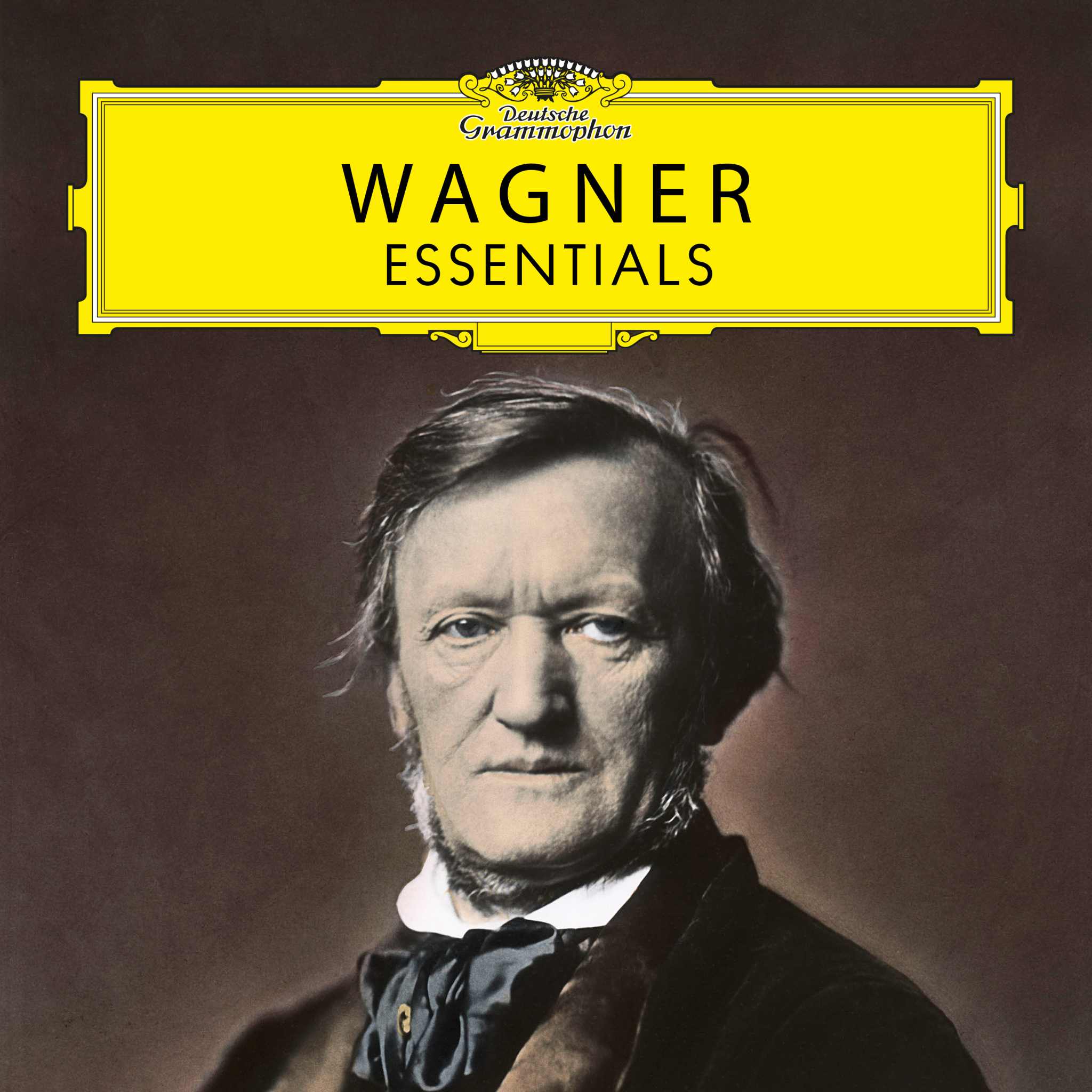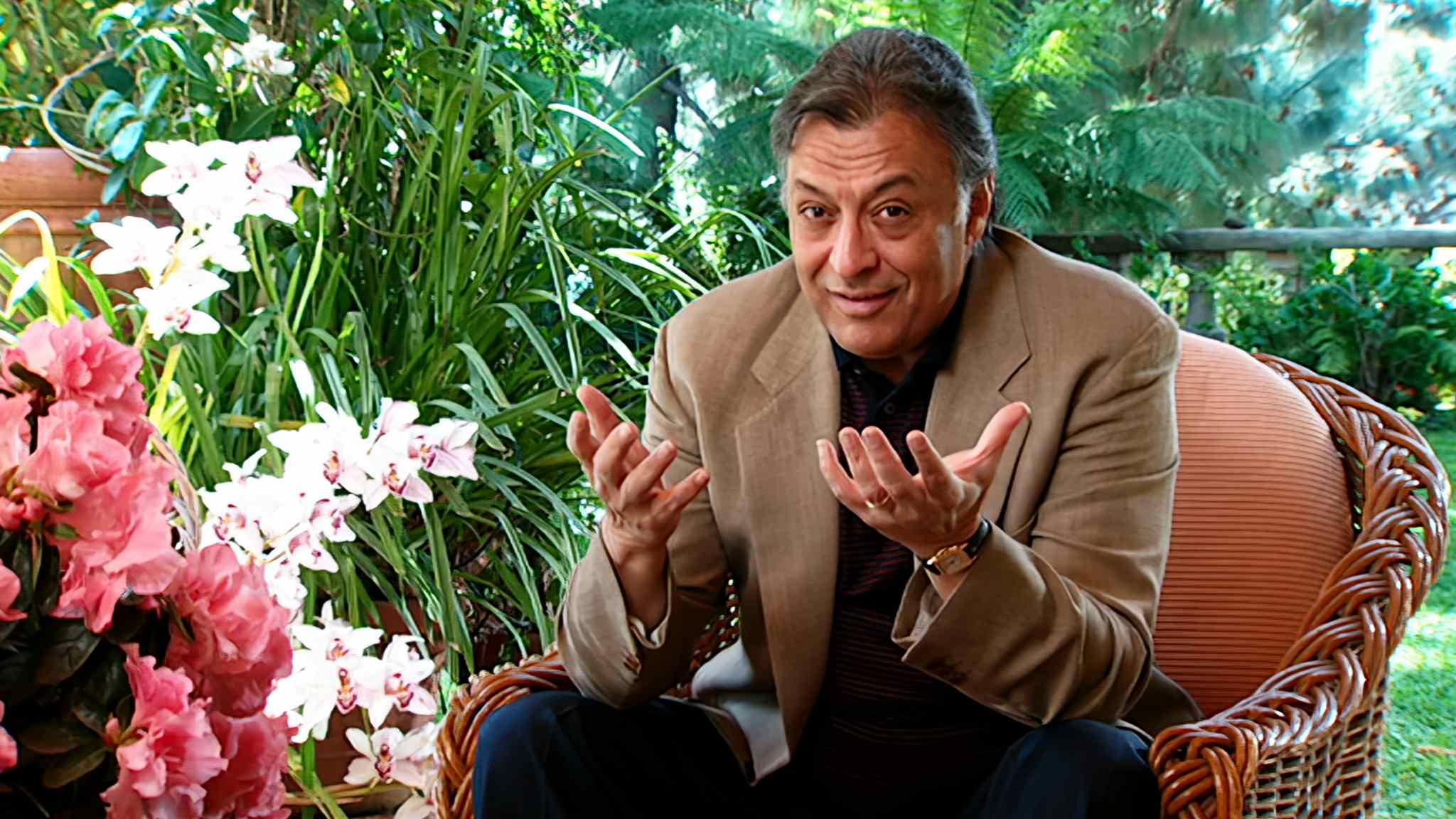Concerts and Operas
Albums
Appears On
Documentaries
AboutRené Kollo
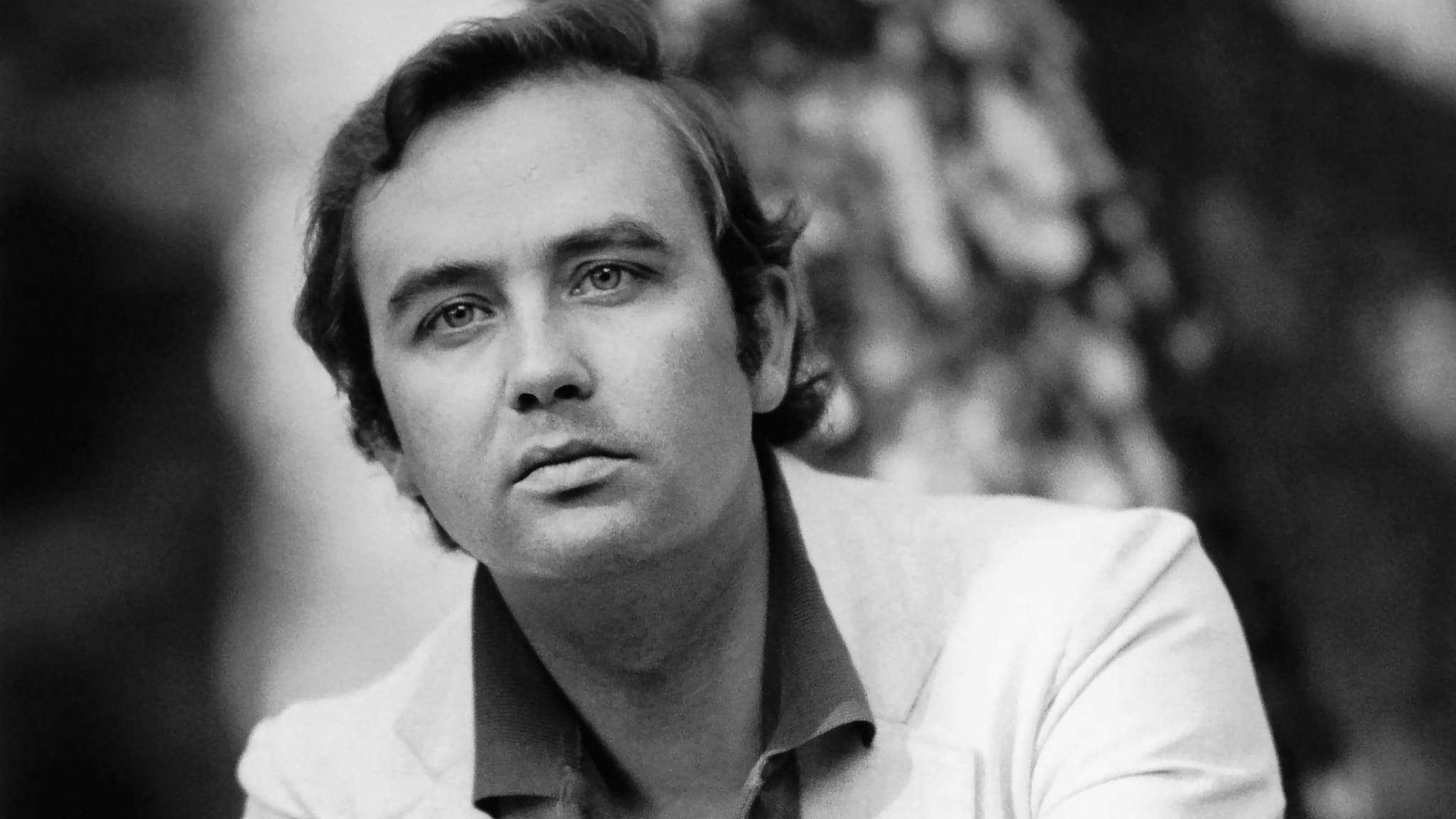
René Kollo never accepted the distinction between high culture and entertainment. He launched his stunning career by flirting with pop music, and even at the pinnacle of his fame as a Heldentenor, he was always ready to champion the lively muse.
From the dawn of the 20th century, the Kollos were big-name celebrities in Berlin. Walter, and his son Willi, supplied street ditties and musical farces to audiences hungry for amusement. But René, born René Kollodzieyski in the German capital in 1937, struck out on different paths. Growing up in Wyk auf Föhr, he went on to attend photography school in Hamburg, despite being interested in music, particularly conducting. He began performing as a self-taught drummer, taking an interest in Dixieland jazz, playing in jazz clubs, and studying acting to prepare for musical roles. The tenor studied with Elsa Varena, who quickly recognised that he had an unusual gift. He financed his voice lessons by singing at dances – and unexpectedly landed a hit in 1959 with a German cover of “Hello Mary Lou”, which would later hamper his ascent into the echelons of serious art.
Kollo eventually made his operatic debut in 1965 in Brunswick in three Stravinsky one-act operas: Mavra, Renard, and Œdipus Rex. Two years later he moved to the Deutsche Oper am Rhein in Düsseldorf and in the very next season, he auditioned for Bayreuth and was hired on the spot to sing the Steuermann in Der fliegende Holländer. He proved his worth and began his now legendary association with Wagner and his Heldentenor roles at Bayreuth in 1969. The major Wagnerian roles followed in quick succession: Erik in 1970, Lohengrin in 1971, Walter in 1973, Parsifal in 1975, Siegfried in 1976, Tristan and Tannhäuser in 1981. He went on to sing these roles at major opera houses throughout the world, including the Metropolitan Opera, where he was seen in Lohengrin.
Kollo has also sung non-Wagnerian roles, including Bacchus in Strauss' Ariadne auf Naxos, Hermann in Tchaikovsky’s The Queen of Spades, Florestan in Beethoven's Fidelio, Britten’s Peter Grimes, and Verdi’s Otello. He has an unusually wide repertoire for a Heldentenor, singing not only opera arias, but Lehár hits, Cole Porter tunes, and his grandfather’s operetta couplets as well. He composed and wrote texts for numerous songs, following in the steps of both his father and his grandfather, who were operetta composers. He also directed Parsifal in Darmstadt in 1986 and Tiefland by Eugen d’Albert in Ulm in 1991. He retired from singing in 2013 at the age of 75.

